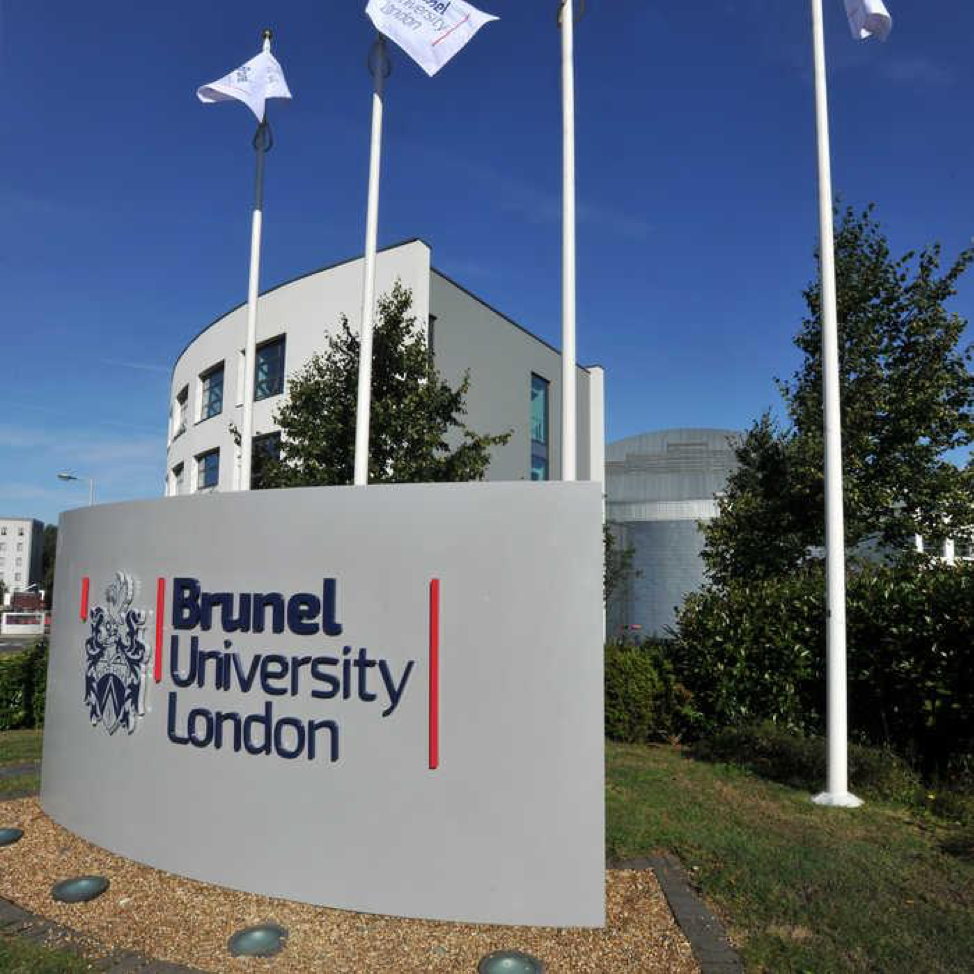 David is the Open Access Officer at Brunel University London based within the Scholarly Communication & Rights Management team. He is an advocate of OA publishing, and of building services that realise the movement within local institutional communities. David has spoken at UKSG, NASIG, RLUK and Altmetric conferences about this topic in recent years. David is an ambassador for the CORE service.
David is the Open Access Officer at Brunel University London based within the Scholarly Communication & Rights Management team. He is an advocate of OA publishing, and of building services that realise the movement within local institutional communities. David has spoken at UKSG, NASIG, RLUK and Altmetric conferences about this topic in recent years. David is an ambassador for the CORE service.
Q: What does Open Access mean to you?
A: To us at Brunel, Open Access means many things – ideologically and practically. Most importantly, we consider Open Access to research output a critical, underpinning component on the journey toward an ‘Open Science’ world. Open Science encompasses many areas, aiming to enhance scientific and educational sectors.
As with many institutions, at Brunel we operate local OA services for our community, within an ever-growing landscape of technological and policy drivers. Open Access means creating an environment that supports policy drivers, whilst advantaging new technologies for our community as they emerge.
Much progress is being driven by these factors. However, it is as important to foster discussion and leadership amongst research communities. Open Access means researchers and students shaping and leading their subjects into new forms of science communication and practice.
At Brunel our role in supporting Open Access is to:
– Engage and inform our community about these issues as they evolve
– Build and tailor services to our community’s needs
– Recognise and celebrate ‘open’ activity by our researchers in all its forms
Q: How do you think that CORE’s mission is important?
A: Part of CORE’s mission is to enrich research content using ‘state-of-the-art technology and provides access to it through a set of services including Search, API and analytical tools’.
At Brunel, we consider this aspect of CORE’s mission incredibly important. By harvesting and transforming the scholarly record into machine readable formats, CORE:
– Provides long-term preservation and interoperability of the corpus into the future, for humans and computers
– Offers new and exciting research opportunities, e.g. Text and Data Mining
– Enables seamless content search – across and through millions of OA research outputs

I decided to become a CORE ambassador to demonstrate strong support for a service which has been highly valuable to our organisation. Data insights from this service have helped us to better understand the community we serve…
Q: How do you plan to use CORE at your institution?
A: As OA services, we use CORE for insights into OA activity and in particular where this intersects with our institution. For example, since 2014 we have discovered 6951 OA locations of Brunel research through the CORE service, across a huge range of repository and publisher platforms. This paints a rich, collaborative picture of OA activity.

We use this data to:
– Engage and inform our community about these issues as they evolve
– Build and tailor services to our community’s needs
– Recognise and celebrate ‘open’ activity by our researchers
We also plan to use this data to support processes that monitor institutional compliance with Research Excellence Framework exercise. For example, as well as OA locations, CORE metadata includes dates when repository metadata is added or updated, and when files are deposited.
Q: Why did you decide to become a CORE ambassador?
A: I decided to become a CORE ambassador to demonstrate strong support for a service which has been highly valuable to our organisation. Data insights from this service have helped us to better understand the community we serve, and helped us to contextualise and plan our service provision for the future.
Recognising CORE’s value to our researchers activities, I hope that as an ambassador I can be a point support or advice. I hope there will be opportunities for us to learn alongside our researchers and students, as we share experiences, and explore different and varying use cases for the data housed in CORE’s database.
